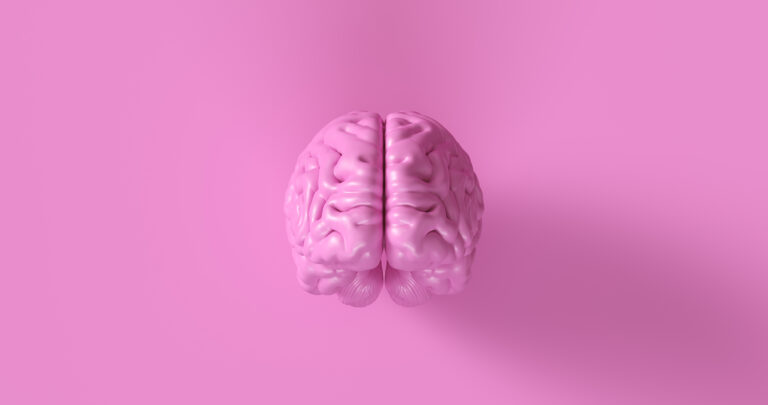Aging is a natural part of life, and as we get older, our brains change too. Two important areas affected by aging are how fast we think and how well we remember things. Understanding these changes can help us better manage them and keep our minds sharp.
## How Aging Slows Down Thinking
One of the most noticeable effects of aging on the brain is slower cognitive processing speed. This means it takes longer for the brain to take in information, understand it, and respond. For example, an older person might need more time to answer a question or make a decision compared to when they were younger.
This slowdown happens because the neurons—the cells in our brain that send messages—communicate less quickly as we age. The connections between these cells become less efficient, causing delays in mental reactions[1][2]. It’s important to note that this doesn’t mean intelligence decreases; rather, it’s about speed. Older adults can still think deeply and solve problems well; they just might do so at a gentler pace.
## Memory Changes with Age
Memory also changes with age but usually in mild ways for most people. It’s common to forget small things occasionally—like where you put your keys or someone’s name—but this kind of forgetfulness is normal.
However, memory loss becomes concerning when it starts interfering significantly with daily life or when it worsens rapidly[2]. Mild memory loss differs from serious conditions like Alzheimer’s disease or other dementias where memory decline is much more severe[4].
## Why These Changes Matter
Slower thinking and mild memory lapses can make everyday tasks feel harder than before—like following conversations quickly or remembering appointments without notes[1][2]. This can affect independence and confidence if not managed well.
Additionally, lifestyle factors play a role: spending too much time sitting still has been linked to faster decline in parts of the brain related to memory and processing speed[5]. Exposure to certain chemicals found in everyday products may also increase risks for cognitive decline among older adults[3].
## What Can Help Keep Your Brain Sharp?
The good news is there are ways to slow down these changes:
– **Stay physically active:** Exercise helps maintain healthy blood flow to the brain.
– **Keep mentally engaged:** Reading, puzzles, learning new skills all stimulate your mind.
– **Limit sedentary behavior:** Try not to sit for long periods without moving.
– **Eat healthily:** A balanced diet supports overall brain health.
– **Avoid harmful exposures:** Be mindful about chemicals around you.
Scientists continue researching therapies that could protect against cognitive decline as well[1].
In summary, aging naturally slows down how fast our brains process information and causes some mild memory slips. But understanding these changes helps us adapt better—and taking care of ourselves through lifestyle choices can keep our minds vibrant longer into old age.





